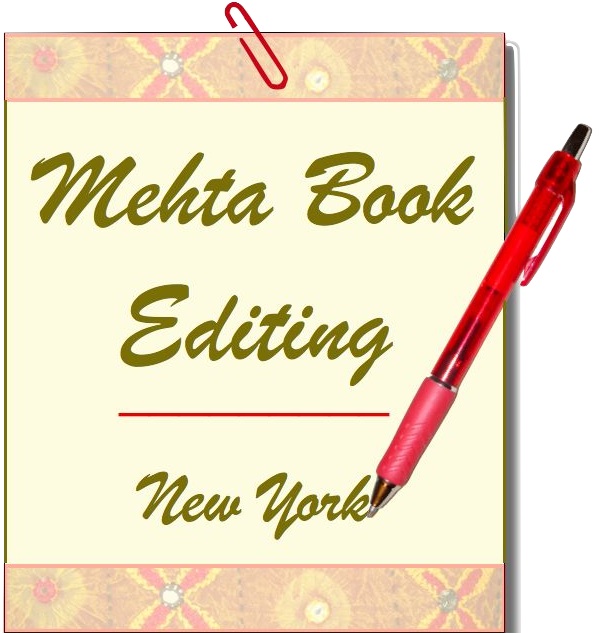University Presses: A Viable Path for Literary Fiction Careers
/Note: This article originally published in Jane Friedman’s newsletter The Bottom Line on July 23, 2025. Please click here to read the full article (this is an excerpt).
When Deesha Philyaw’s short story collection, The Secret Lives of Church Ladies, first went out on submission, her agent targeted a wide range of publishers, according to Slate. Rejections rolled in for the first month, but soon after, an offer arrived from West Virginia University Press. Following publication, so did accolades: The book went on to become a finalist for the 2020 National Book Award for fiction and won the Story Prize, among other awards. More recently, Philyaw scored a seven-figure deal with Mariner Books/HarperCollins for her next work of fiction.
Philyaw is not the only author to have launched their fiction writing career at a university press.
· Marie-Helene Bertino, whose latest novel, Beautyland, was a New York Times “Best Book of 2024 (So Far),” first published with the University of Iowa Press after winning the Iowa Short Fiction Award.
· Rion Amilcar Scott, who won the 2017 PEN/Bingham Prize, published his debut short story collection, Insurrections, with the University Press of Kentucky.
· The initial publisher of Alexander McCall Smith’s international bestselling series The No. 1 Ladies’ Detective Agency was Polygon, then owned by Edinburgh University Press.
Authors and their agents have long turned to university presses for nonfiction projects. But should they do the same for literary fiction? For acquiring editors at these presses, the answer is a solid yes, and agents are catching on.
Fiction submissions are increasing at university presses. “Our numbers are slowly climbing: This past year we received 220 fiction submissions; the year before, 172; the year before that, 146,” says Dennis Lloyd, director at the University of Wisconsin Press. He and his team publish seven works of fiction each year, aiming for four novels and three short story collections. While most fiction is submitted directly by the author, Lloyd says they’ve begun receiving more agented submissions “as we’ve established a stronger reputation in literary fiction.”
Jim McCoy, director at the University of Iowa Press, no longer keeps track of the number of fiction submissions he and his co-editor receive each year, but his guess is that it’s “in the hundreds”; from these they acquire around four novels and two short story collections. Projects arrive from a mix of sources, says McCoy, and increasingly from agents.
The University Press of Kentucky also receives agented submissions, but anyone can submit to their New Poetry and Prose series or Screen Door Press imprint, says acquisitions editor Margaret Kelly. She and her colleagues publish two to four fiction books per year.

